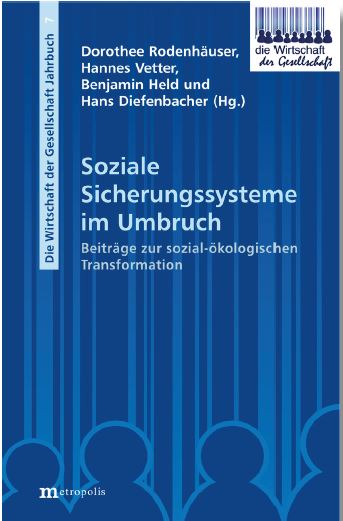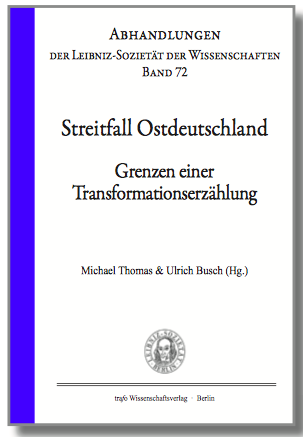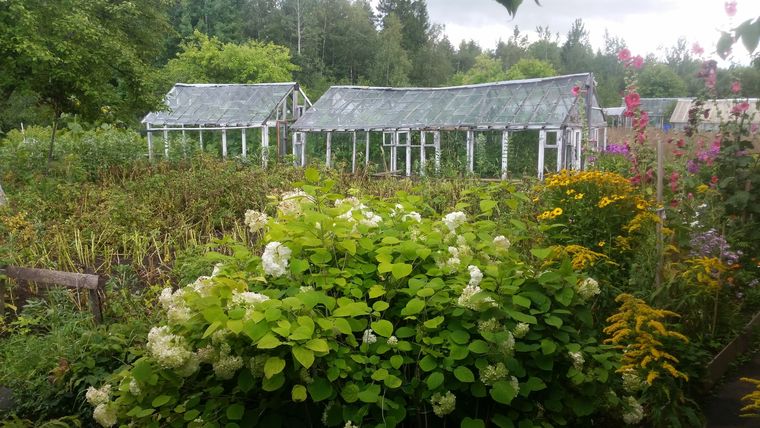Wir gratulieren Gabriela Miranda für den diesjährigen Preis des DAAD für ausländische Studierende an der Friedrich-Schiller-Universität Jena. Gabriela arbeitete bis Juli 2021 als studentische Assistentin bei flumen.
„Gabriela Miranda wird nicht nur für ihre besonderen akademischen Leistungen ausgezeichnet. Sie engagiert sich auch für andere Studenten und Studentinnen aus dem Ausland sowie für Migrantinnen und Migranten. Im Verein Iberoamerica organisiert sie jährlich stattfindende Kulturfestivals, gibt Spanisch-Sprachkurse und hilft auch bei Behördengängen, Übersetzungen und Fragen der Integration. Seit zwei Jahren arbeitet sie auch im InfoCafé des Internationalen Büros der Friedrich-Schiller-Universität. Miranda kam mit 21 Jahren zunächst als Gaststudentin nach Jena. Da es ihr gut gefiel, blieb sie in Jena und studierte Romanistik und Soziologie. Derzeit absolviert sie den Masterstudiengang Romanische Kulturen in der modernen Welt. Nach ihrem Master-Abschluss will Gabriela Miranda in einem Institut für internationale Zusammenarbeit oder für eine Nichtregierungsorganisation (NGO) arbeiten. Ob sie dafür nach über neun Jahren in Deutschland in ihre Heimat Bolivien zurückkehrt, lässt sie noch offen. Der Preis des Deutschen Akademischen Austauschdienstes (DAAD) ist mit 1.000 Euro dotiert und wird im Rahmen der Immatrikulationsfeier übergeben.“ Meldung vom 21. Oktober 2021 beim MDR Thüringen




